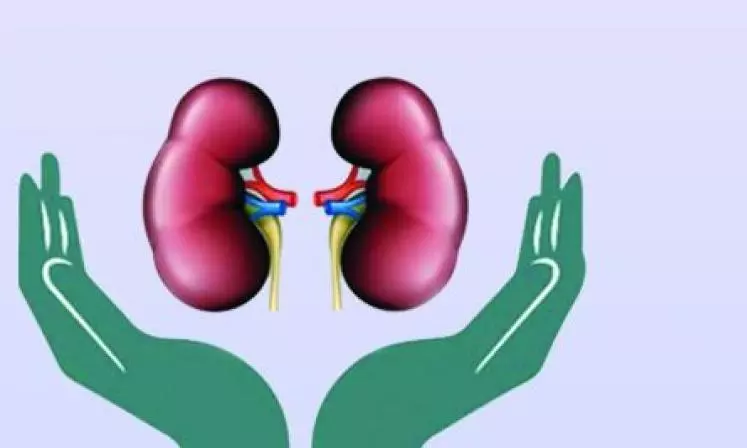Kidney Problems on the Rise in Gen Z
AINU Doctors on Increasing Kidney Problems in Gen Z

Kidney-related problems are increasingly affecting Generation Z in Hyderabad and across Telangana, with several factors contributing to the rising health concerns. Research conducted by doctors at the Asian Institute of Nephrology and Urology (AINU) has revealed troubling trends, particularly among gym-goers, students, and young professionals in their teens and twenties.
Dr. Avula Naveen Reddy, Consultant Nephrologist at AINU
One of the significant concerns highlighted by Dr. Avula Naveen Reddy, a Consultant Nephrologist at AINU, is the elevated serum creatinine levels among many young individuals, especially gym enthusiasts. Creatinine, a waste product filtered by the kidneys, indicates kidney function. High levels can signal kidney dysfunction. Furthermore, protein leakage in urine and frequent urinary infections have become common in this age group. Gen Z students, facing mounting academic stress, are also neglecting adequate water intake, exacerbating the risk of dehydration and urinary infections.
Dr. Reddy reported a noticeable increase in kidney-related cases in young individuals aged 16-20, a group that previously did not show such high incidences. “We are seeing at least three to four cases per month involving Gen Z patients with kidney issues. This is an increase compared to previous years,” he said. Many of these cases are diagnosed in their early stages through routine screenings, especially those required before studying abroad. Early symptoms of kidney problems include elevated creatinine levels, protein leakage, and urinary tract infections (UTIs).
If both raised creatinine and urinary protein leakage are detected, Dr. Reddy advises kidney biopsy for further diagnosis. If only creatinine levels are raised, medications and conservative measures are recommended. In persistent cases, further evaluation is needed to identify the underlying cause.
In addition to health concerns, Dr. Reddy pointed out that many educational institutions lack adequately maintained restrooms. Students, especially in residential schools, avoid drinking sufficient water to avoid using unhygienic facilities, leading to dehydration and increased risk of urinary infections.
Dr. Reddy suggested several preventive measures to protect kidney health:
- Follow a low-to-moderate protein diet.
- Avoid unnecessary painkillers and over-the-counter medications.
- Stay hydrated by drinking plenty of water.
- Reduce red meat consumption.
- Engage in moderate exercise and adopt a healthy lifestyle.
- Minimize the use of whey protein and instead turn to plant-based proteins.
Symptoms of kidney problems to watch for include excessive foam in urine (indicating protein leakage), fever with abdominal pain and frequent urination (suggesting urinary tract infections), and traces of blood in urine, which could indicate kidney stones or UTIs.
Dr. Reddy emphasized that both boys and girls are equally affected by these kidney problems. While the conditions are generally not life-threatening in the early stages, early detection and timely treatment are crucial for better outcomes. There has been improving awareness among parents and young individuals in recent years, which is promising, he added.
In conjunction with this growing concern, World Kidney Day, celebrated on March 13, 2025, will highlight the importance of early detection with the theme “Prioritising Early Detection for Healthy Kidneys”. This global initiative encourages individuals to get regular screenings to detect kidney issues before they develop into more serious problems.

